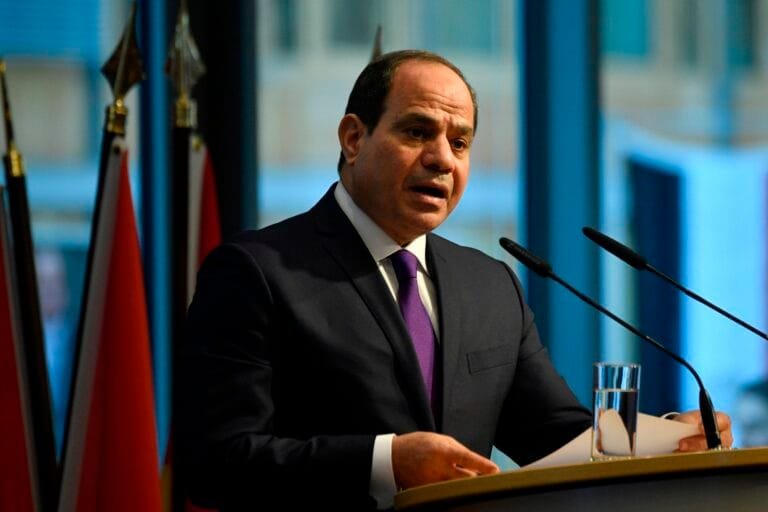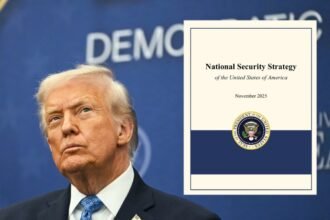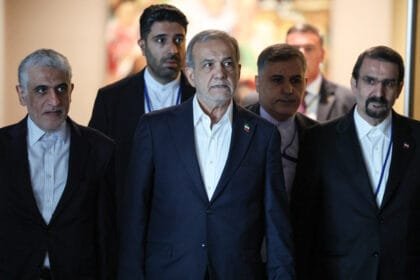القاهرة ، مصر – يشكل ملف حقوق الإنسان في مصر أحد أبرز محاور النقاش على المستويين المحلي والدولي خلال السنوات الأخيرة، حيث أولى الرئيس عبد الفتاح السيسي اهتمامًا واضحًا بهذا الملف منذ توليه الحكم.
By launching the National Human Rights Strategy, and working to achieve a balance between the requirements of national security and economic development on the one hand, and ensuring basic rights and freedoms on the other.
National Human Rights Strategy
In September 2021, President Sisi launched the National Human Rights Strategy as a comprehensive framework aimed at promoting civil and political rights, protecting economic, social, and cultural rights, and affirming the principles of equal opportunity and non-discrimination.
Observers consider this a qualitative shift in the way the Egyptian state deals with the issue of human rights and freedoms. The strategy sets long-term goals extending over a full decade, with mechanisms for evaluation and follow-up, and ongoing cooperation with civil society organizations.
Parallel initiatives between rights and development
President Sisi believes that the right to a decent life and development is no less important than political and civil rights. Therefore, the state has launched major national projects:
Such as the Decent Life Initiative, which aims to improve the standard of living in the most needy villages and provide basic services such as health, education, and infrastructure.
Sisi considered this an integral part of the human rights system in its comprehensive sense, as economic and social rights cannot be separated from other fundamental rights.
National Dialogue and Presidential Releases
In recent years, Egypt has witnessed practical steps to open up the public sphere through the national dialogue launched by President Sisi in 2022, which brought together a broad spectrum of political and societal forces to discuss priorities for political, economic, and social reform.
In addition to activating the Presidential Pardon Committee, which has contributed to the release of hundreds of detainees held on opinion-related charges, this is a message confirming that the state is moving toward a new phase based on political de-escalation and broadening the base of participation.
President Sisi’s future vision
President Abdel Fattah El-Sisi repeatedly emphasizes in his speeches that Egypt’s future must be built on three main pillars: strengthening the values of citizenship and the rule of law, and empowering youth and women in various decision-making positions.
Achieving a balance between rights and freedoms on the one hand, and the requirements of national security and stability on the other.
He believes that building a strong, modern state can only be achieved through a cohesive society that respects diversity and difference and places human rights at the forefront of its priorities, in line with Egypt’s Vision 2030 for sustainable development.
Existing challenges
Despite these efforts, Egypt’s human rights record continues to face criticism from some international organizations focusing on freedom of expression and press freedom.
While the Egyptian government affirms that its priority remains protecting national security and internal stability in the face of terrorism and regional challenges, and that political and human rights reforms are gradual and consistent with the realities of Egyptian society.
Declared vision and tangible transformations
It can be said that the human rights situation under President Sisi is witnessing gradual transformations that reflect a comprehensive vision that balances the protection of rights and freedoms with the promotion of development and reform.
With a growing awareness of the importance of engaging civil society in shaping the future.
According to the announced vision, the coming years will witness further efforts to consolidate the principles of social justice and expand political participation.
To achieve a true partnership between the state and society in protecting human rights and building a strong, modern state.















